
What can physicians and healthcare executives do to achieve the "holy grail" of interoperability between electronic health records (EHRs)?

What can physicians and healthcare executives do to achieve the "holy grail" of interoperability between electronic health records (EHRs)?

Wearables are inching closer to saving serious time and money for hospitals, patients and physicians.

Andrew Pecora, M.D., speaks about the future of healthcare and how cultural forces will come together to create a tipping point.

CEOs and M.D.s must prepare and seek out ways to implement new technologies into the daily care of their patients

How can health executives and physicians leverage telemedicine to help treat patients with mental health issues?

Is there anything physicians and healthcare executives can do to reverse rising drug costs and make the cybsersecurity field more attractive?

What is digital health to you? A social science? Patient-centric? Our 4 KOL's have some differing views.
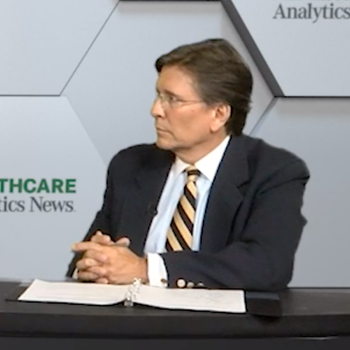
What do you think health systems must consider if they want to take on a big data initiative?
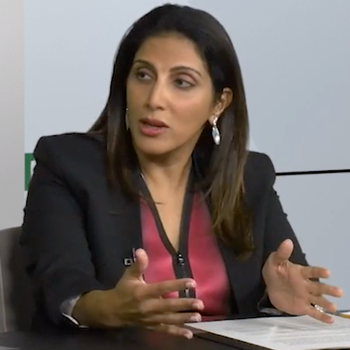
How can we use technology to build the hospital of the future?

What can physicians and healthcare executives do to ensure stroke victims are receiving high-quality, expedient treatment?

With the rise of artificial intelligence (AI) in healthcare, how will it affect the evolution of medicine?

What can physicians and healthcare executives do to ensure their patients are using the best and safest devices?

Based on the limited IQ of humans, can artificial intelligence (AI) be trained to be smarter than people?

Insights to how overexposure to radiation can be reduced and how changing our microbiomes can lead to a healthier life.

Is there anything that physicians and healthcare executives can do to reverse the trend of rising drug costs?
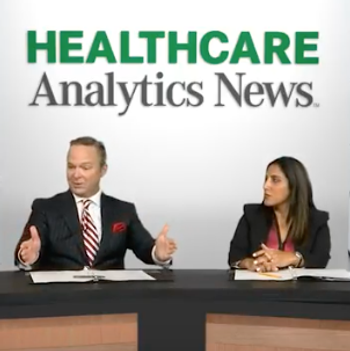
Artificial intelligence (AI) has proven to be a useful tool for physicians. Can AI take their role in the future?

As care moves out of the hospital, healthcare must grapple with a number of issues.

Do the American Cancer Society's questionable partnerships damage its reputation?

Machine learning and artificial intelligence could usher in the future of medicine, but are they being utilized to their full potential?

Actionable insights to reduce the likelihood of medical errors and improvements in our understanding of sleep hygiene.

What C-suites and clinicians must do to advance remote monitoring.
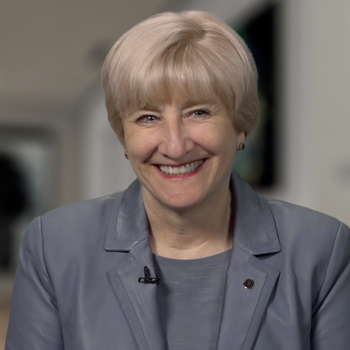
400 physicians kill themselves every year. Here’s what the AMA is planning to do about it.
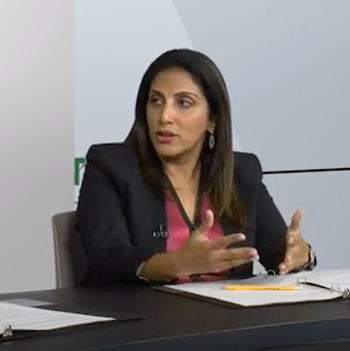
Will big data leave game-changing insights in its wake, or will it overwhelm an already overburdened healthcare system?

How foolproofing anesthesia-delivery tube connections and putting R&D dollars into longer-acting injectables can improve efficiency and reduce risk.

Healthcare data security and patient vaccine adherence should be viewed as investments, not costs.

Big data yields big insights, big value, and a big competitive edge. How can we incentivize collectors to share it?

How data analytics could prevent the world’s most devastating diseases, and how C-suites should handle physician misconduct.

Over half of all people with cancer experienced house repossession, bankruptcy, loss of independence, and relationship breakdowns. That’s a bleak picture.
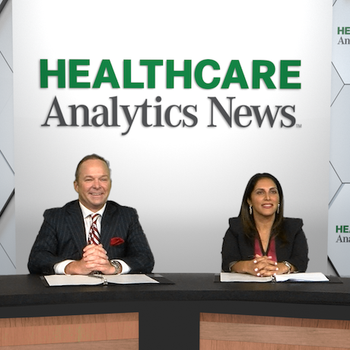
Four top health tech experts discuss the looming potential and limitations of big data capture, and what it means for healthcare.

How many physicians do you have at your institution? If it's a hundred and half are burned out, you might be leaving $50 million and a slew of would-be better patient outcomes on the table.